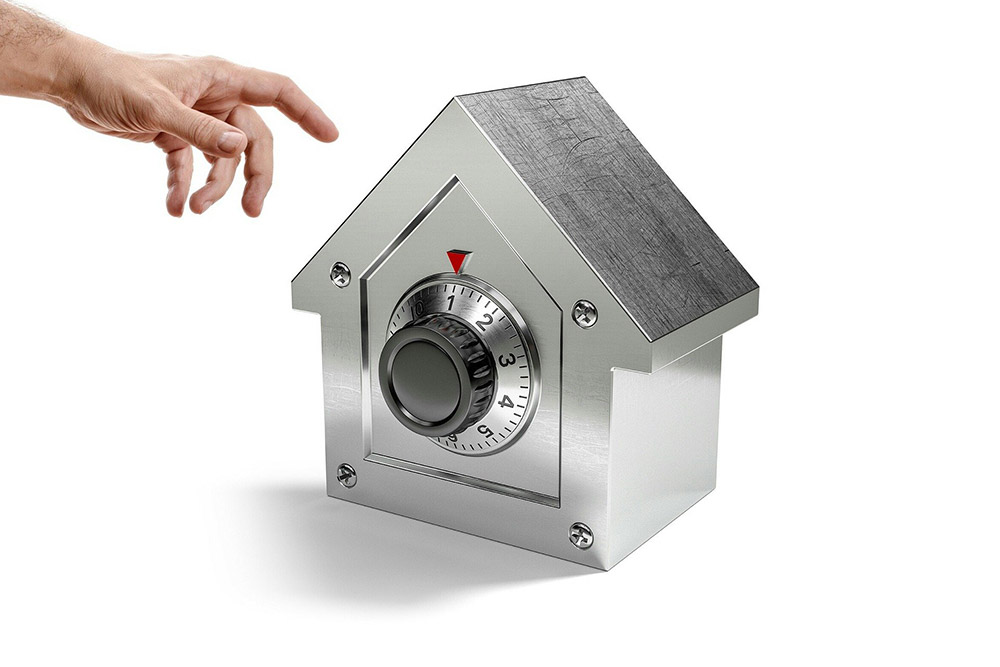More and more people want to build up a pension or realize income from rental income by investing in real estate. Withdrawing equity from your own home can be a smart strategy for this. In practice, all kinds of snags can be attached to this, which is why we want to provide more information about the (im)possibilities in this article.
Buy real estate with equity
Buying a house to rent out can be an attractive way to achieve certain goals of a sound financial plan. Investing in stocks appears to be too exciting and risky for some. All “eggs in one basket” is not a smart choice for anyone. Many people put their wealth to work by purchasing real estate. If you have a significant equity value on your own home, it is an option to invest the money in real estate by buying an extra home. Perhaps you have always dreamed of a small holiday home in the forest or a beautiful villa in Spain, Portugal or Ibiza with a sea view. By utilizing the surplus value, this dream can become reality.
Another option is to buy real estate with the surplus value that you are going to rent out. In this way you can earn extra money to supplement your pension, help your son or daughter studying or have more income from the positive cash flow, so that you may be able to work one day less. There is a high demand for rental housing and the scarcity of suitable housing ensures good returns in both growth and shrinkage areas.
Combining equity with real estate financing
You can also supplement the equity with borrowed money using a so-called buy-to-let mortgage. This is real estate financing, whereby the apartment or house may not be occupied by itself, but may be rented out to third parties, in some cases also to family. By borrowing extra money, you make use of the leverage principle. By financing more, you make more return on your equity. In other words, making more money with the money of others.
How much money is stuck in the bricks of your own home?
Many consumers have a large piggy bank in the form of equity that is ‘stuck’ in their own home. Houses have increased in value considerably in recent years and a lot has been repaid on outstanding mortgages. From this background, the wealth of many people has increased quite a bit. In addition, many homeowners invest by making the home more sustainable or renovating it. With a more favorable energylabel or new bathroom, the market value of the home increases. The difference between the market value of the house and the mortgage still on it is called equity. There is a surplus value when the outstanding mortgage is less than about 50-60% of the current home value.
This is especially the case with people over the age of fifty who have lived in their home for quite some time. Even people who have made a good purchase at the bottom of the market may have built up a substantial equity value. Due to the rising house prices, many others also have a considerable amount of money stuck in the stones. The equity is easy to calculate by getting a good estimate of the expected sale price of the home. This is possible by having a good real estate agent come by or by viewing an indication of the property on Huispedia. This useful and independent website has a rough estimate of the market value for each property. This is also useful for both a purchase and any selling decision.
To be able to determine the virtual profit, it is also necessary to have a recent overview of the mortgage balance. The equity is calculated by reducing the outstanding mortgage on the possible sale price of the house.
If you actually want to sell the house, it is important to take selling costs into account, such as the broker’s commission and the costs of a valuation report. These selling costs are usually a few thousand euros and of course reduce the surplus value that remains if the house is actually sold.
| Mortgage lender | Taking equity in your own home for real estate purchases |
|---|---|
| ABN-AMRO |    |
| Aegon |    |
| Allianz |    |
| Argenta |  |
| ASN Bank |    |
| asr |    |
| Attens |    |
| bijBouwe |  |
| BLG Wonen |      |
| Centraal Beheer |      |
| Clarian Wonen |  |
| Florius |    |
| HollandWoont |  |
| Hypotrust |  |
| ING |      |
| IQWOON |  |
| LLoyds Bank |      |
| Lot Hypotheken |  |
| Merius |      |
| Moneyou |  |
| Munt Hypotheken |  |
| Nationale-Nederlanden |    |
| NIBC Direct |    |
| Obvion |    |
| Rabobank |  * Please note, local mortgage underwriting policies can vary widely. * Please note, local mortgage underwriting policies can vary widely. |
| REAAL |  |
| Robuust |  |
| Syntrus achmea |    |
| Tellius |    |
| Triodos Bank |  |
| Tulp hypotheken |    |
| Venn hypotheken |  |
| Vista hypotheken |  |
| Woonfonds |      |
| Woonnu |  |







